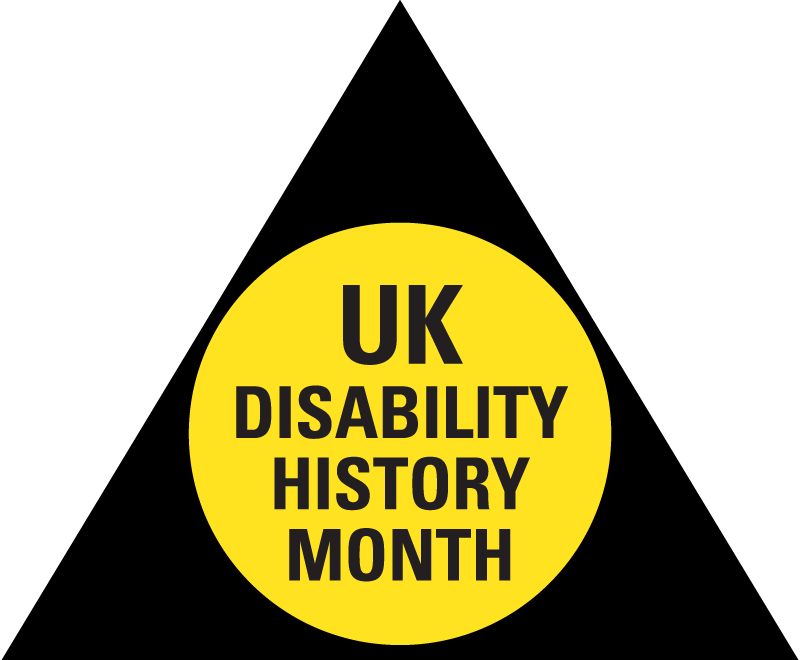Dr Rosamund Oates is a Reader in Early Modern History at Manchester Metropolitan University. She works on religious cultures in Early Modern England, with a particular interest in the history of reading and in sermon cultures. She is currently preparing a monograph exploring deafness and hearing loss in Early Modern England.
‘“Speaking in Hands” Preaching, Deafness and Sign Language in Early Modern Europe’
Abstract
Deaf men and women occupied an ambiguous place in early modern Europe. The Pauline maxims that ‘faith comes by hearing’ and ‘with the mouth confession is made unto salvation’ seemed to disbar deaf men and women from the saving grace of God. Yet in reality the situation was more complex. Lutheran, Catholic and Calvinist churches all devised ways for deaf men and women, including those without speech, to participate in religious services. This paper will explore what these interventions reveal about contemporary views about disability, impairment and the role of the senses in religious knowledge. It will address the importance of sound and speech in legal definitions of selfhood, and distinguish between different forms of hearing (including the use of sign language), to uncover those who needed help to ‘hear’ in the largely oral world of early modern England.
